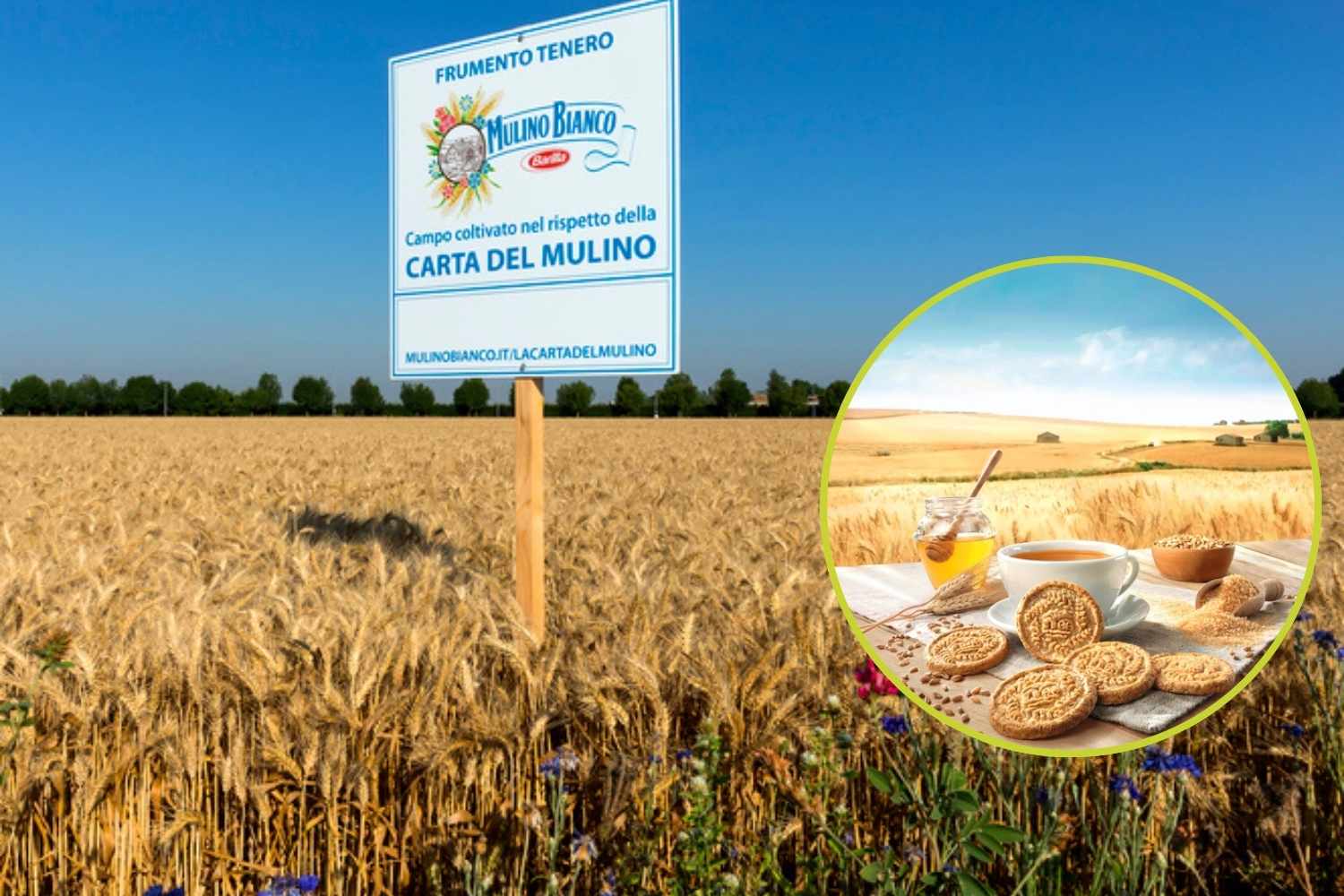The project extends the "Carta del Mulino," evolving agricultural practices to improve soil fertility and promote biodiversity. The goal is to extend the model to the entire production by 2030, supported by leading scientific partners

Regenerating the land, starting from breakfast. This is the challenge of Mulino Bianco, which with the new Buongrano takes a symbolic and concrete step: bringing vitality back to Italian fields through regenerative agriculture. Not just a simple biscuit, but the first product in Italy made with soft wheat 100% cultivated according to certified soil regeneration criteria.
An innovation that doesn’t just speak about sustainability, but about giving back: returning to the soil what has been consumed for decades, enhancing biodiversity and reducing emissions.
What is regenerative agriculture
Regenerative agriculture is a scientifically validated approach that focuses on soil health and agricultural ecosystems. It’s based on practices such as crop rotation, the use of cover crops to protect the soil, the creation of flowering strips for pollinating insects, and the reduction of pesticides and chemical fertilizers.
Thanks to the contribution of WWF, CNR-IBE and several Italian universities, Mulino Bianco adopts an agricultural model that concretely measures environmental benefits. The results are already tangible: a 7% reduction in CO₂ equivalent emissions per year, equal to approximately 9,500 tons less greenhouse gases, and an improvement in the fertility of the fields involved.
A partnership between farmers, science and innovation
The project currently involves 1,800 farmers, 14 mills and over 48,000 hectares (118,610 acres) of fields managed according to the Carta del Mulino, the protocol that since 2018 defines the principles of a transparent and environmentally respectful supply chain.
To ensure soil quality, SOCRATE was introduced, a monitoring model based on artificial intelligence and satellite data, capable of precisely measuring the organic matter in the soil. An essential parameter to understand how alive and fertile a soil is.
Meanwhile, on 2,000 hectares (4,942 acres) dedicated to biodiversity, the University of Bologna has recorded a 40% increase in pollinating insects, a concrete sign that regeneration can truly work.
By 2030, Mulino Bianco aims to produce all its biscuits and bakery products with soft wheat from regenerative agriculture. A goal that combines research, training for farmers and digital technologies for more conscious land management.
